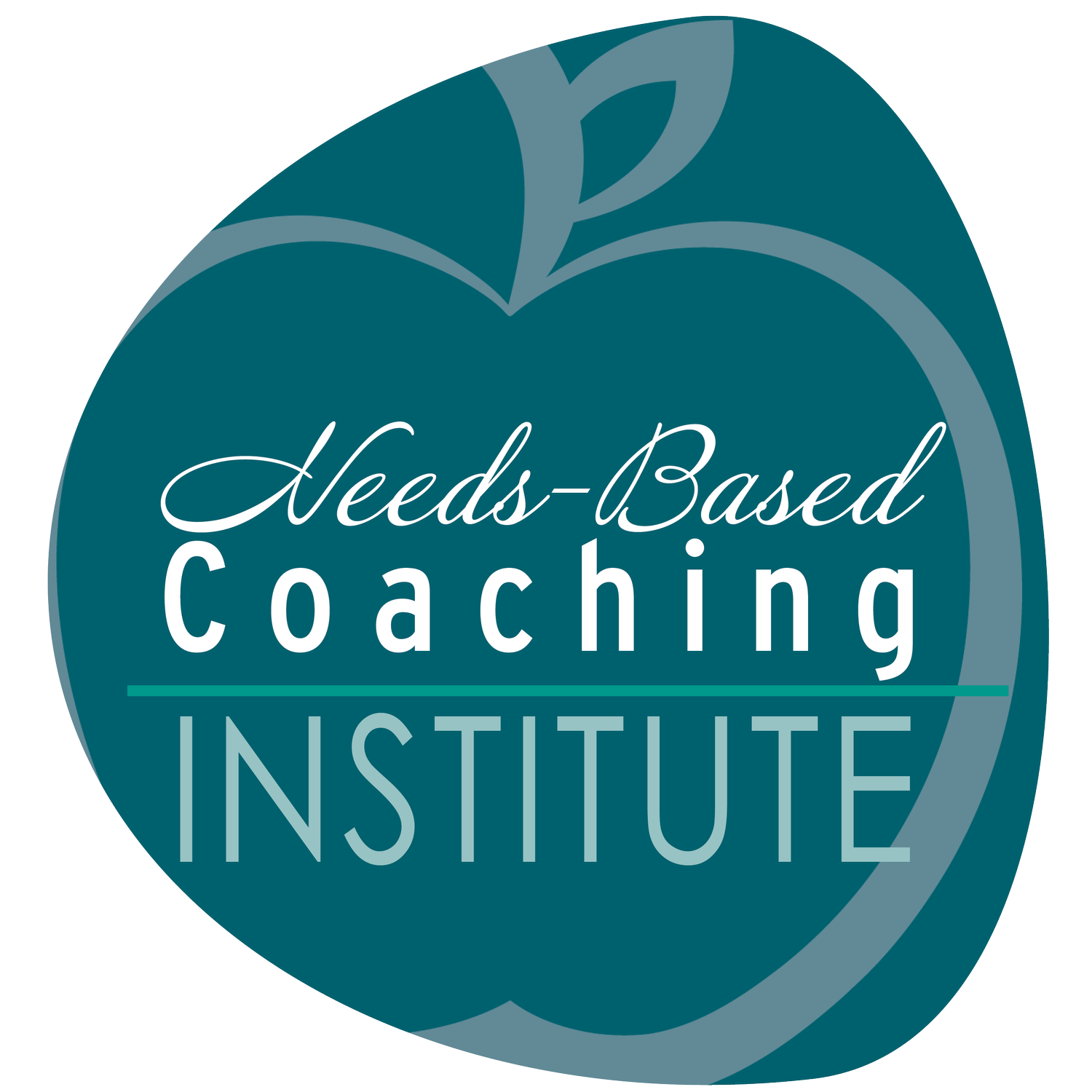AI and coaching (and Needs-Based Coaching)
Artificial Intelligence (AI) has entered the stage and will increasingly permeate our lives. It is not in my power to oppose its advance. And, as a coach, I’m very curious to explore where and when it’s time to draw a line, and where I’d enjoy welcoming and recommending it. Although ChatGPT and its many applications are not human, it uses natural language processing to simulate human-like conversation.
However, it's important to remember that a chatbot is not a person and is inanimate, even though answering to the personal pronoun "you" is part of its software's natural language processing. Nonetheless, chatbots reflect the thinking of the times and the programmers who fed it the information that their chats are based on.
And, it’s not virtual reality. The people with whom it’s chatting are real as are the implications of acting upon the information that they receive from the chatbot.
Luckily enough, a developer already programmed an empathic chatbot, ChatEmpathy, and even a ChatEmpathy coach chatbot. He is Lukas Zillmer, an ICF-accredited coach, and Nonviolent Communication practitioner. You can check his project out at www.chatempathy.com. Yours undersigned of this article tried it, and I was pleased with the conversations and certainly see a positive potential in it.
Many of us are concerned that an AI coach could not embrace the human energy necessary for holding our clients in an empathetic space and that it would not be able to guide a client’s personal journey with resonance and silence as well as speech.
I agree that life in all its humanity can't be programmed. And….
I hold it as a fact that the majority of people on this Earth have not experienced a truly empathetic, warm, and curious conversation with someone whose intention was to understand them on their own terms and support them fully. This is what coaches do, and coaches are mostly available for those who can pay. Sad and true. I am longing for the day when empathic listening is available for everybody on every continent. And, it will take a while before a youngster in a refugee camp, a person in a Chinese prison, a trafficked woman, a professional criminal, a small-holder in India, and the single mother down the street get to experience gently being listened to and understood, no matter what their pain and rage are about.
In the Needs-Based Coaching alumni community, we had Lukas Zillmer demonstrate his ChatEmpathy Coach, and the discussion that followed led me to some surprising insights:
The ChatEmpathy-Coach is not responsive to the human smell, pausing and pacing of the client’s breath, nor flickering eyes; at least not yet. But it DOES pick up the clues in the written or spoken lines of the client and asks about feelings and needs, and it returns with gentle questions that landed relevantly and inspired my further reflection.
When I asked it about solutions, it offered relevant next steps focusing on connection, and always from a nonviolent mindset, which means, they were taking other people’s feelings and needs into consideration as well.
Here is what we concluded at that meeting - as a tentative, just for the time being conclusion:
AI empathy might really help to get clearer with oneself before connecting with others
AI empathy might be helpful when the emotional activation is so high that you don’t manage to reach out to another person for support
AI might be a chance to offer people who never had a chance to receive empathy to get to know their feelings and needs
The Alumni present at the call all agreed to follow up, install ChatEmpathy and explore the impact, and we will continue the exploration of the liminal space between machine intelligence and humans.
You can sign up for ChatEmpathy here www.chatempathy.com
#Artificialintelligence #AI #change #chance #challenge #coaching
